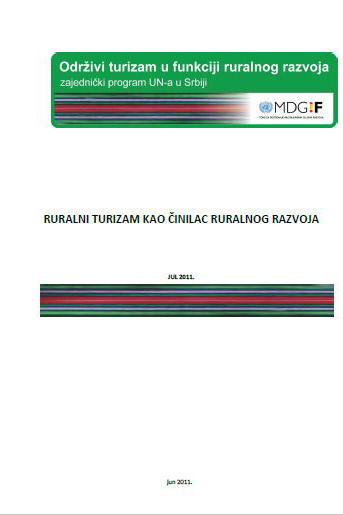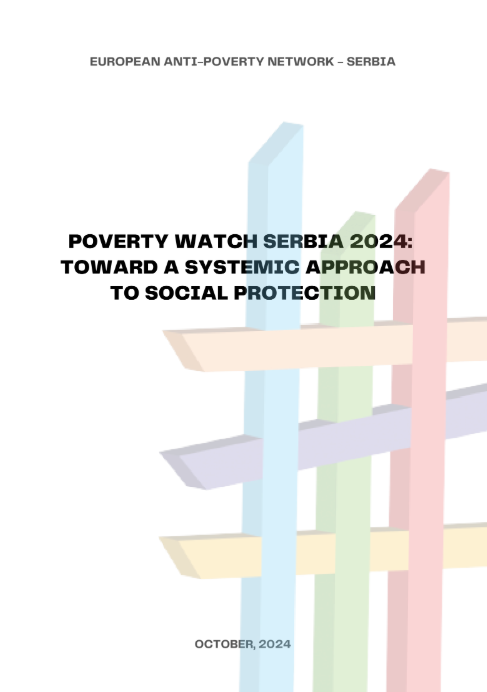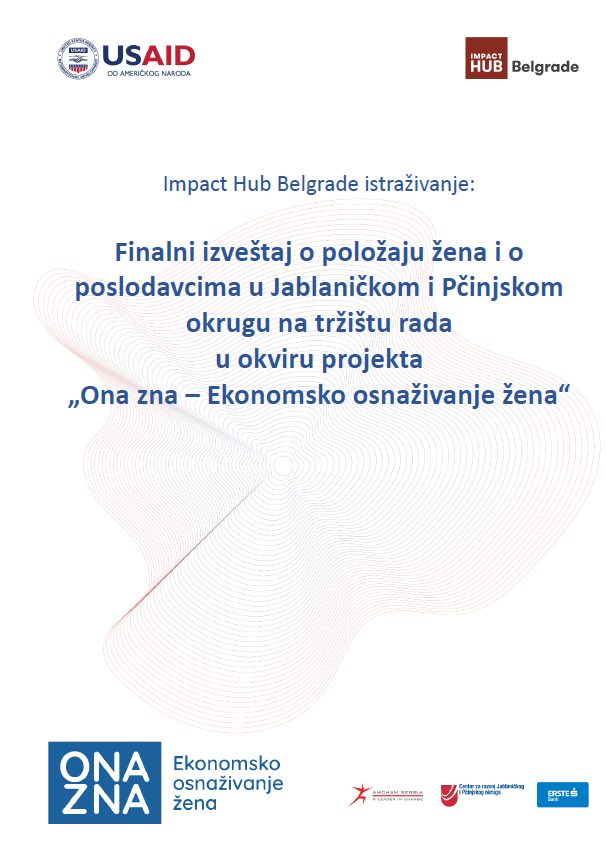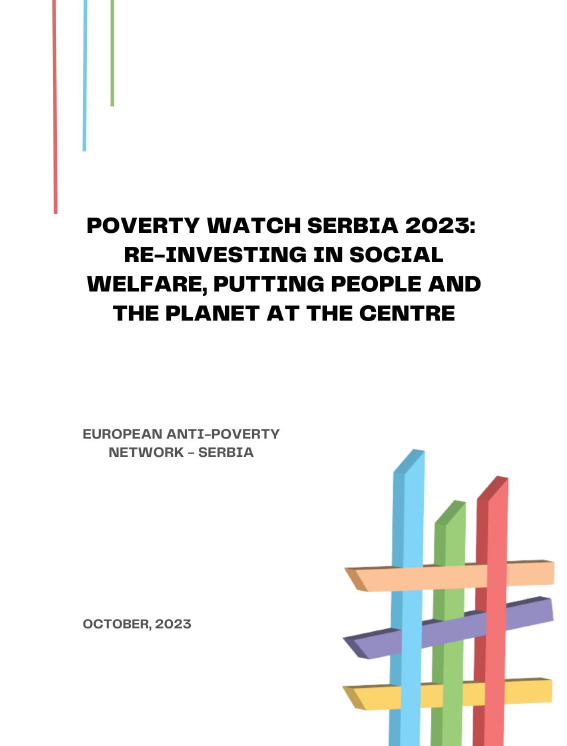The primary goal of the survey which this report is based on was to establish the structure and scope of total income and the impact of public investment and local partnership on rural tourism, in order to determine its effect on the rural development of the country. Secondary objectives of research included: establishing the value of events in rural tourism, the significance of children’s tourism for rural tourism and the importance of women in rural tourism.
Analysis revealed that rural tourism development depends on overall socio-economic development. Income from rural tourism for a rural household in this industry and other supporting actors is minor, looking at total incomes, but is not insignificant from the aspect of the individual subject. Public investments are small and unevenly distributed across regions, and have produced negligible effects. The survey established that local partnerships are underdeveloped in all four regions. Rural tourism events have no major impact in terms of increasing the attractiveness of rural areas. School field trips and children as a market segment are a significant, yet unused potential for development of rural tourism. Women employed in rural tourism are the backbone for development of this type of tourism in terms of human resources.













